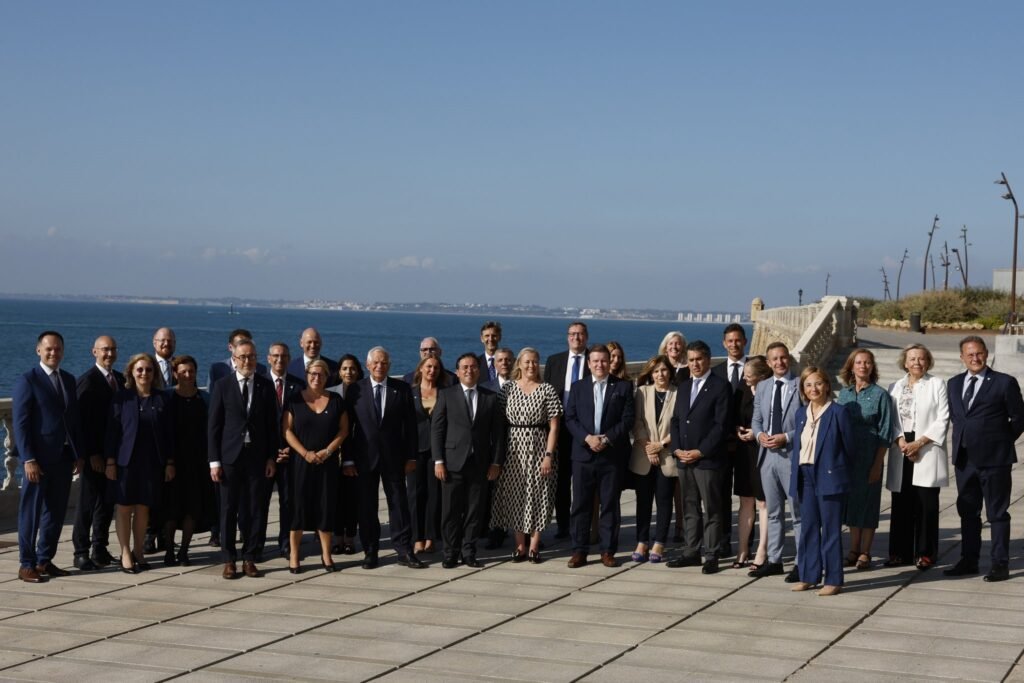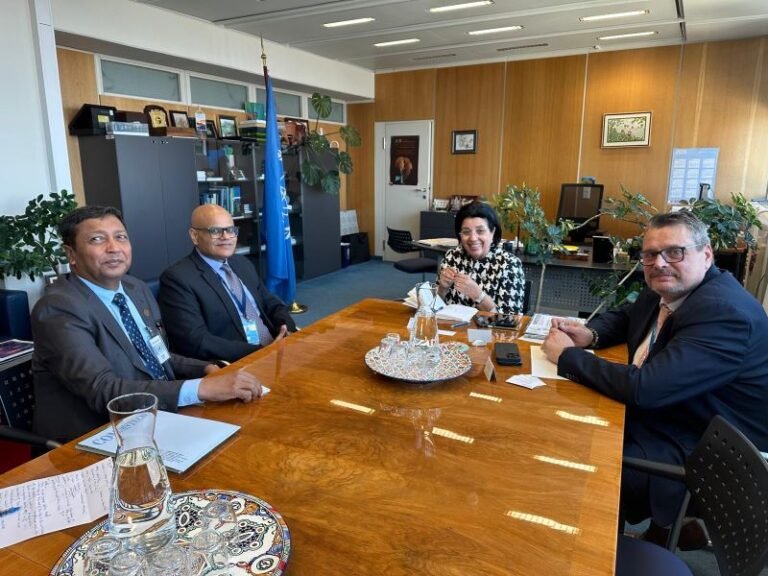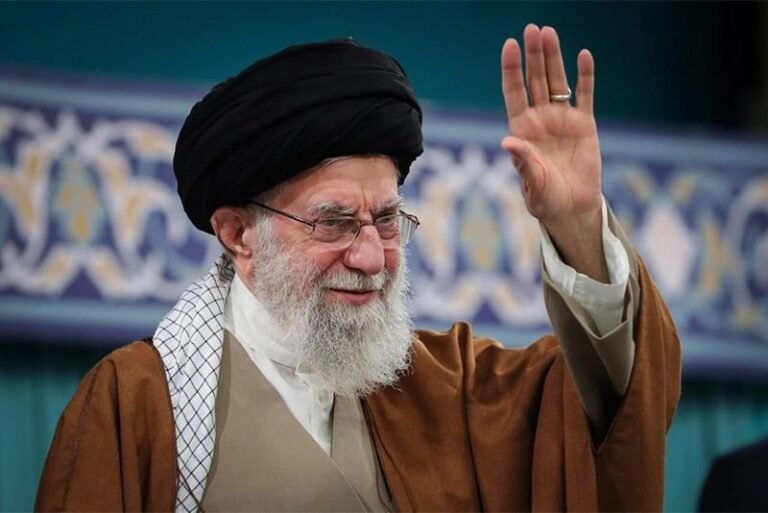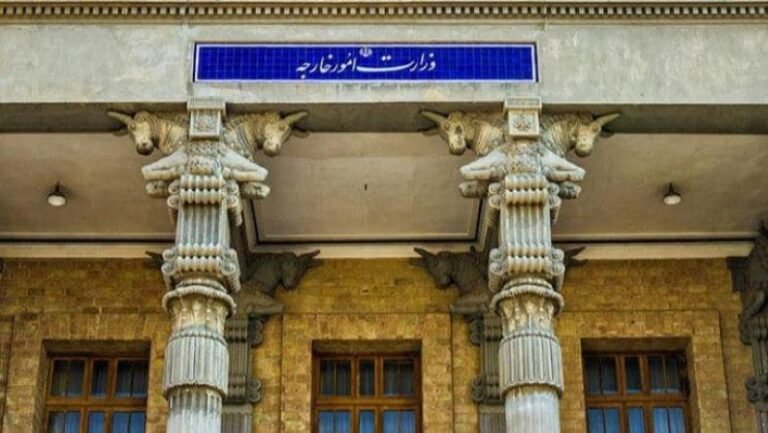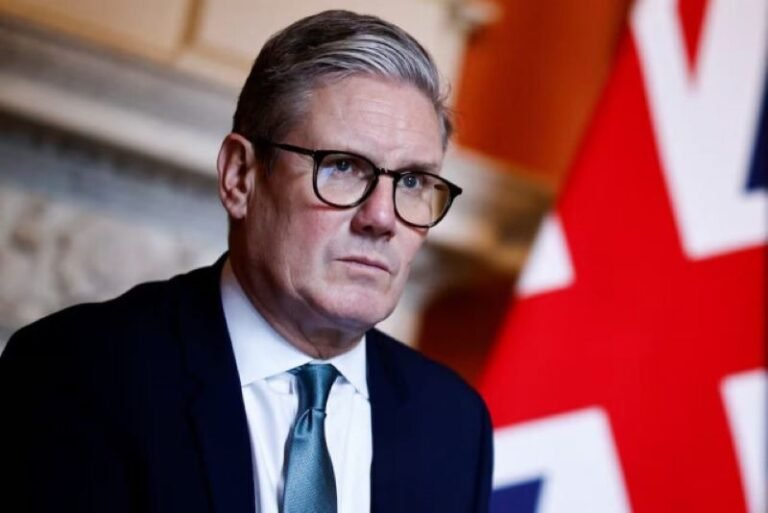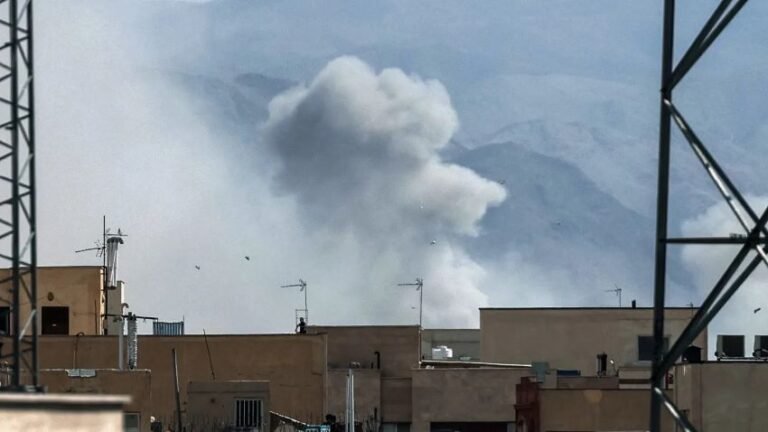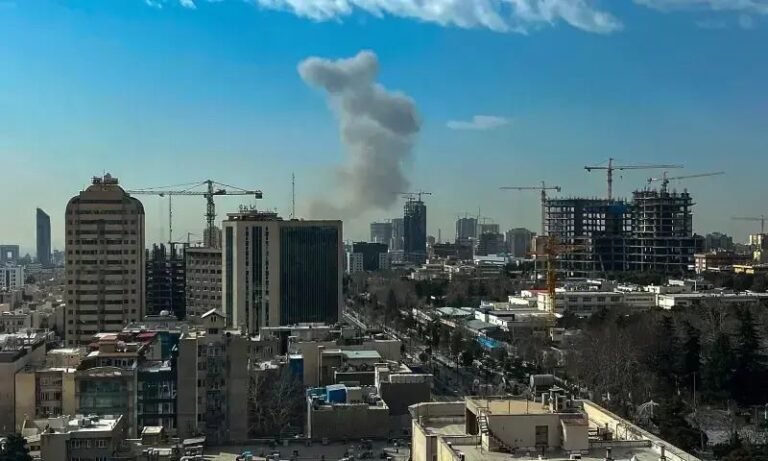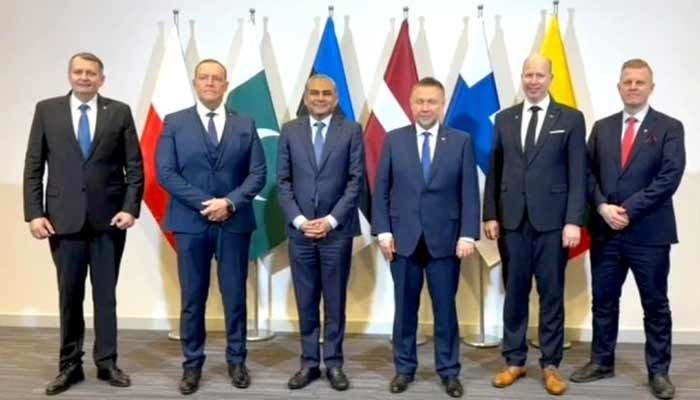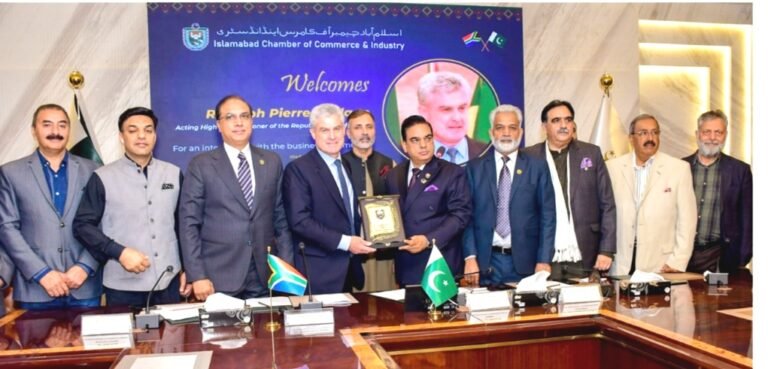Cádiz, 5 September 2023 (TDI): The pivotal EU Informal Ministerial Meeting on Development was hosted in Cádiz, Spain held during the Spanish presidency of the Council of the European Union (EU).
This gathering underscored the unwavering commitment to global development and cooperation. The EU, renowned as the world’s largest provider of official development aid, collaborates closely with a vast network of 150 countries.
#FAC | The informal ministerial meeting on development held in Cádiz focuses on the social, green and digital transitions and on the reform of the multilateral financial institutions.
— España en la UE (@EspanaenUE) September 5, 2023
🔗 https://t.co/SbUb0s0p0x#EU2023ES pic.twitter.com/nuy2TD39qc
This includes countries from Africa, Latin America, the Caribbean, Asia & the Pacific. These partnerships are deeply committed to the shared goals of eradicating poverty and promoting sustainable development initiatives on a global scale.
Through its extensive engagement across continents, the EU plays a pivotal role in addressing socio-economic challenges and improving the well-being of communities in these regions.
The EU’s dedication to international development underscores its commitment to creating a more equitable and prosperous world for all.
On September 4-5, the EU’s representatives of development met in Cádiz to further define their collective policy agenda. In alignment with the objectives of Spain’s presidency, the meeting revolved around three fundamental pillars.
These included the promotion of a novel partnership approach founded on shared priorities and a determined effort to encourage countries to adopt the triple transition encompassing green, digital, and socially equitable elements.
Additionally, it demanded an unwavering commitment to advancing gender equality within the realm of development policies.
The EU’s dedication to development knows no bounds. In 2022, the EU institutions and member countries jointly contributed a staggering €92.8 billion, representing over 43% of global aid.
This substantial commitment has been meticulously managed within the Foreign Affairs Council, chaired by the High Representative of the Union for Foreign Affairs and Security Policy, currently held by Josep Borrell.
This development policy is firmly rooted in EU treaties and strategies, notably including the fulfillment of the 2030 Agenda and the continuation of collaborative agreements with African, Caribbean, and Pacific nations.
The European development policy hinges on five key pillars, all inspired by the UN Sustainable Development Goals: eradicating poverty and hunger, environmental protection, prosperous lives, inclusive societies, and global partnership.
The EU remains resolute in its commitment to incorporating the Sustainable Development Goals (SDGs) into its policies and actively encourages member countries to do the same.
Notably, the Global Gateway initiative, operational since 2021, champions global sustainable investment strategies in critical areas such as transport, energy, digitalization infrastructure, health, and education.
Furthermore, the European Consensus on Development, adopted by the EU and its member countries in 2017, exemplifies their shared commitment to eradicating poverty and advancing sustainable development through enhanced cooperation.
Aside from that, it is noteworthy that the EU diligently monitored and analyzed aid delivery for optimal efficiency.
For instance, the EU Voluntary Review on the Implementation of the 2030 Agenda (EUVR) underscored how priorities like the European Green Deal drive transformative change that aligns with the SDGs.
As the EU-27 heads of development convened in Cádiz, the world watched with anticipation, recognizing that this meeting held the potential to shape the global future & bring closer to the shared goal of sustainable development and prosperity for all.
Hina Zarif holds an MPhil degree from the esteemed National Defence University (NDU) with a profound understanding of Peace & Conflict Studies. Through her captivating narratives, she explores the depths of human nature and conflict resolution, leaving a lasting impact on her readers.
- This author does not have any more posts.

